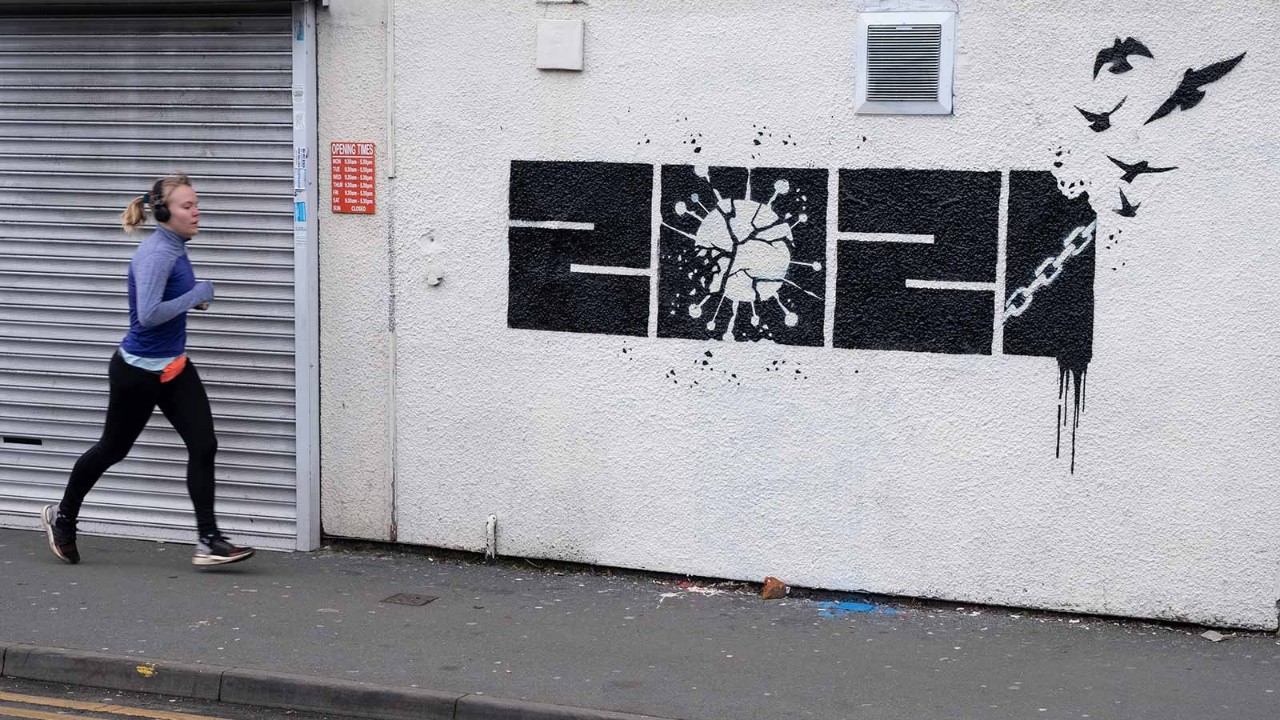
Object lessons in stranded assets rarely come as pointed as the situation now facing one Irish business sector as a result of the conflict in Ukraine. Ireland is a global hub for aircraft leasing, with Irish-domiciled companies controlling some US$100bn of assets worldwide. Since Russia’s invasion of Ukraine, and the subsequent imposition of sanctions, several billions’ worth of those assets are now trapped inside Russian territory with no obvious route out.
Grounded assets
Among the companies most heavily impacted is AerCap, the world’s biggest owner of commercial aircraft, which is reported to have over 110 planes, or approximately 5% of its fleet, in Russia, representing about a quarter of all leased aircraft stranded there.
Patrick Murphy, a consultant at KPMG, describes the situation as unprecedented. ‘The closest we would have seen to this in the past is when individual airlines went into liquidation. In those cases, the government would step in to assist the return of the aircraft.’
‘Society’s response to climate change could strand entire regions and global industries’
In Russia, however, a more belligerent approach has seen the introduction of a law to allow its airlines to re-register the planes and continue flying them. This has led AerCap CEO Gus Kelly to reflect in an investor call on the extraordinary fact that ‘many of these aircraft are now being flown illegally by our former airline customers’.
As a consequence, Murphy says: ‘AerCap has claimed on its insurance, and the claim is based on theft. Other lessors are watching closely to see if it will be successful.’
A further complication is that, even if the aircraft are to be returned, ‘some are unsure if they even want them’, Murphy says. Detailed maintenance records must accompany an aircraft through its lifetime, and ‘the situation in Russia will mean problems with paperwork and validating the missing time, which will affect the asset’s value’.
Growing ESG role
It’s a situation that may be unique, but also one that illustrates how, in an age of unprecedented disruption, the tag of ‘stranded’ (an unanticipated or premature write-down in value) has the potential to be attached to the most secure of assets.
While politics, technological progress and economic sentiment have historically been the chief agents of stranding, today, environmental, social, and governance (ESG) concerns are coming to the fore.
A recent report on the challenge by insurance underwriters Lloyd’s left no doubt as to the scale of this risk. The report argues: ‘Changes to the physical environment driven by climate change, and society’s response to these changes, could potentially strand entire regions and global industries within a short timeframe, leading to direct and indirect impacts on investment strategies and liabilities.’
The potential for the rapid loss in value of an asset is as much a concern for a business’s finance function as for its insurers, while the pressure to decarbonise the global economy has put traditional energy companies to the fore in terms of risk. Yet the extent to which businesses are willing to grapple with the issue is less than clear.
Energy is a hot topic
A 2016 ACCA research paper investigating how energy companies addressed the risk of asset stranding found notable reluctance on the matter. The research highlighted the particular value of integrated reporting (IR) – which puts greater emphasis on longer-term value creation and the recognition of natural capital – for energy companies in assessing stranding risk.
However, the paper also found that companies using IR did not deliver any greater disclosure on the matter. The research concluded: ‘In general, fossil fuel companies believe the continuing need for traditional coal, oil and gas fuels – particularly in developing economies – means that their current reserves are not threatened by stranding.’
‘Investing in stranded assets could reduce cashflows, profitability and flexibility’
While growing sanctions on Russian energy exports are likely to bring a short-term reprieve on how traditional energy assets are valued in Europe and beyond, it’s a question that will have to be addressed eventually.
A 2021 ACCA report reflected a growing sense of urgency when it observed that energy companies ‘have large reserves that may be rendered “stranded” if governments decide to ban oil production’.
A broader challenge
The fossil fuel sector is not the only one under pressure as countries set out to improve their emissions performance. A 2015 report from the Stockholm Environment Institute identified ‘up to €750bn of assets in Europe exposed to significant risk of becoming stranded over the coming 10 years, in three industries: automotive, apparel and further electricity write-offs’.
In the Irish economy and across the Irish landscape, potential risk is also intensifying as government action around climate change becomes more determined. The property industry and the agriculture sector offer prime examples.
Chris Skinner, director of building and project consultancy Savills, says ‘the value of real estate is likely to be impacted due to the growing potential for stranded assets’, and that ‘minimum requirements will tighten as regulations change, capturing more assets and putting the future value of those buildings that don’t comply at great risk’.
Long-term trends
The pressure to reduce carbon emissions may be even more pronounced in agriculture. Dr David Styles, lecturer in environmental engineering at the University of Limerick, warns that failure to make long-term plans around this could result in the ‘disorderly contraction of bovine production and stranded assets, in terms of production infrastructure and abatement technology’.
Meanwhile, writing for AB in 2020, Barbara Davidson, former head of investor engagement for the International Accounting Standards Board, reflected on the danger any business can face by ignoring the issue. ‘Investing in “stranded assets” could reduce cashflows and profitability, and diminish a company’s ability to respond to new regulations or technologies,’ she wrote.
The Russian situation may play into our perception of asset stranding as a consequence of trouble in distant, authoritarian regimes, but the decade ahead risks it becoming prominent in far more familiar surroundings – from the buildings we live and work in to the cars we drive and the landscape that surrounds us.
More information
Find resources at ACCA’s Ukraine hub
Read about sustainability challenges at ACCA’s sustainability hub



